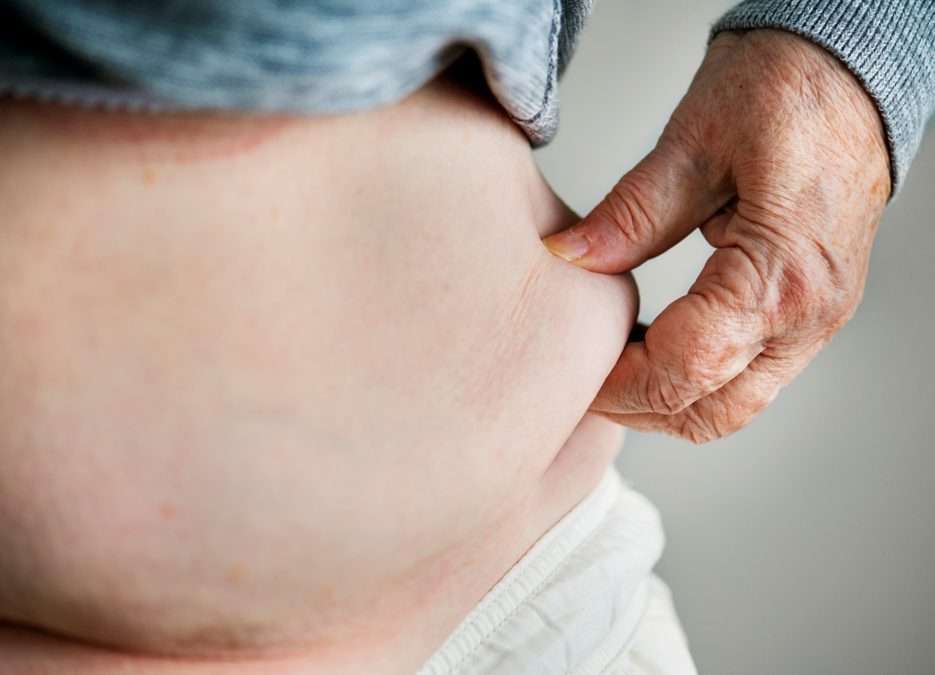- PERTH SURGICAL & BARIATRICS
-
08 65581901
People who are obese tend to have more tissue around their throat that may make them more prone to sleep apnea. Sleep apnea is one of the dreaded health problems after diabetes. Sleep apnea means decreased oxygen, reaching the brain and to the body at the time of sleeping.
Obesity is one of the biggest risk factors for the development and progression of obstructive sleep apnea or OSA. It is often ignored and undiagnosed in the general population and obese patients.
According to a recent study, as many as five to ten percent of adults in the country have OSA.
Bariatric surgeons screen patients for OSA to reduce surgical risk. As patients with OSA are especially vulnerable during anesthesia and sedation and are at an increased risk of developing respiratory and cardiopulmonary complications post-operatively, a preoperative sleep test, polysomnography, should be performed to check for the condition. Studies show that patients who receive preoperative CPAP therapy have fewer postoperative complications. So, bariatric surgeons recommend CPAP therapy to prevent acute airway obstruction in OSA patients.
Bariatric surgery is one of the most effective treatments for OSA, causing remission in 80 to 85% of cases. The chances of losing excess body weight of patients are between 50 and 70% after surgery. As patients lose their excess body weight following surgery, the fatty tissue around the upper airway is decreased which can eliminate or reduce the upper airway collapse that occurs with OSA.

April 23 , 2024 | 5 Minutes to Read
Gastric sleeve surgery is one of the highly recommended bariatric procedures to treat morbid obesity and any underlying disorders. It reduces the size of the stomach to create a pouch…

April 22 , 2024 | 3 Minutes to Read
Stomach Intestinal Pylorus Sparing Surgery, also known as SIPS surgery, is a single-anastomosis modified duodenal switch surgery. SIPS Surgical Procedure compared with other weight loss surgical procedures, such as gastric…

April 20 , 2024 | 5 Minutes to Read
Obesity is a global epidemic, and the situation is particularly grave in countries such as Australia. A substantial percentage of its population is obese , sometimes with underlying health conditions,…